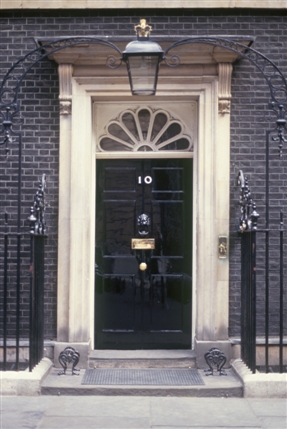 The Economist has provided a useful analysis of the Coalition Government’s proposed policies on civil liberties.
The Economist has provided a useful analysis of the Coalition Government’s proposed policies on civil liberties.
The article highlights the fact that the policies detailed may not represent the transformative change which Nick Clegg suggested in his reform speech, but rather “uncontroversial quick wins” which will be dwarfed in policy terms by the incoming government’s policing and immigration policies:
The disagreements can probably be haggled away, with the Lib Dems getting their way (eventually) on human rights in return for agreeing to control orders. Coalition government is such a novel and interesting thing that almost any fudge or u-turn can be passed off as a natural product of the “new politics”, at least for now.
It is no accident that Conservatives dominate the ministerial portfolios in these areas. There are no senior Lib Dem ministers at the home office, for instance, where Nick Herbert will be an influential hawk as policing minister. Political calculation, not just ideology, argues for the Tories jealously guarding these policy briefs. Pollsters and psephologists are still trying to work out why the Lib Dems’ surge in popularity after their leader’s show-stealing performance in TV debates last month had faded by polling day. One factor was increased scrutiny of the party’s home-affairs policies. On issues such as custodial sentencing and immigration, Mr Clegg’s libertarianism found few takers. Tories are wary of co-opting the least popular bits of the Lib Dem manifesto.
But rows over civil liberties are likely to keep emerging. True, both parties believe in some libertarian changes, as Nick Clegg, the deputy prime minister and Lib Dem leader, was keen to detail in a speech on May 19th. But many of these are relatively uncontroversial quick wins, such as scrapping plans for ID cards. Fundamental differences over security and criminal justice may prove more divisive over time. (The Tories themselves have disagreed behind the scenes on things such as detention without trial for terrorist suspects.)
Read more:
